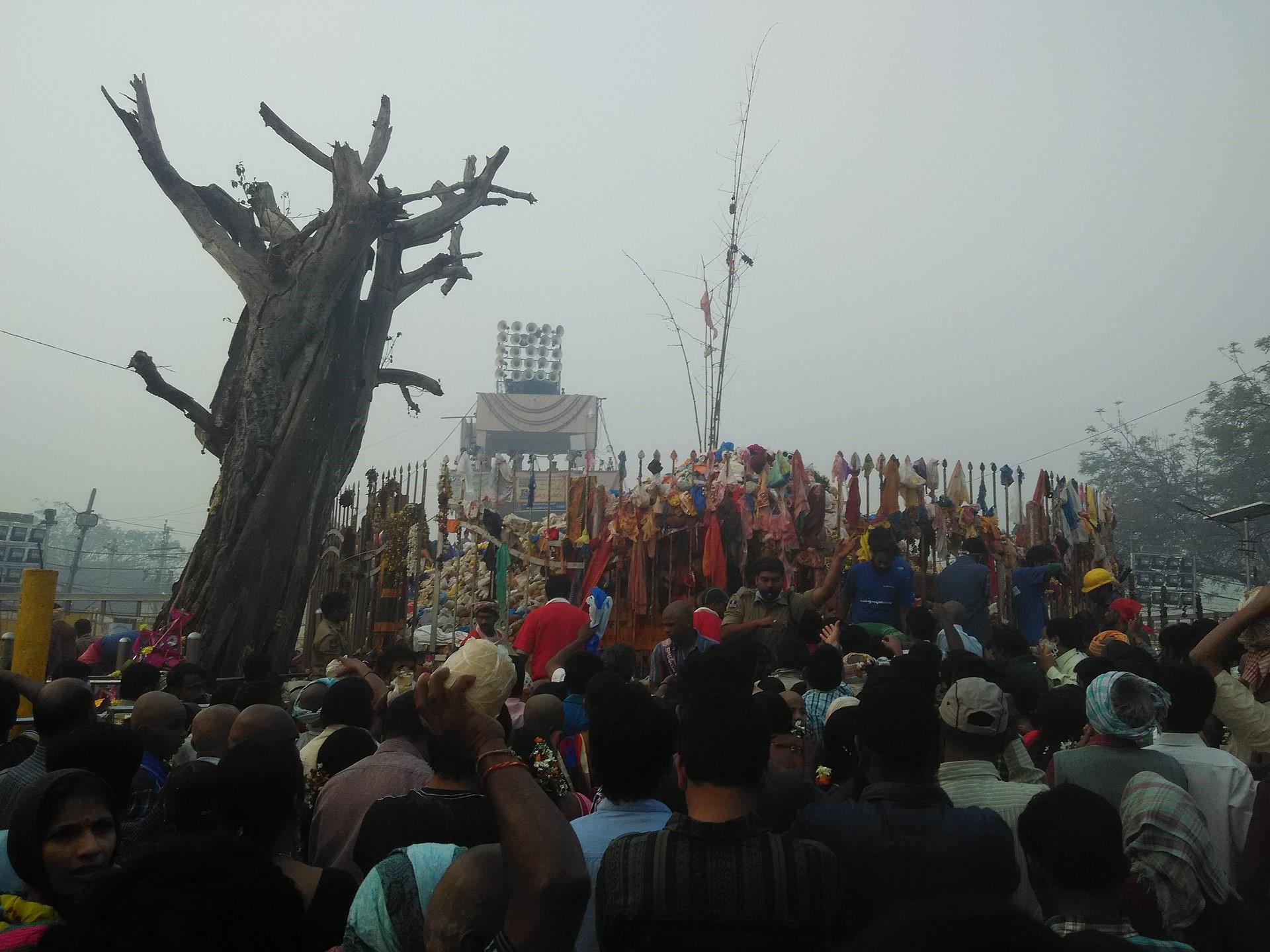Free Courses Sale ends Soon, Get It Now


Free Courses Sale ends Soon, Get It Now



Disclaimer: Copyright infringement not intended.
Context
Details
Historical Background
Festival Observances
Significance and Global Recognition
Jampanna Vagu
Tribal Festivals Across India
Tribal Festivals of Central India:
Tribal Festivals of Northern India:
Tribal Festivals of Eastern India:
Tribal Festivals of Southern India:
Tribal Festivals of Western India:
|
PRACTICE QUESTION Q. Indian tribal festivals, spread across the length and breadth of the country, offer a fascinating glimpse into the rich tapestry of tribal culture and traditions. Examine. (250 words) |
© 2024 iasgyan. All right reserved